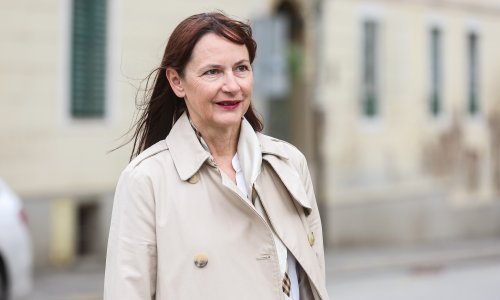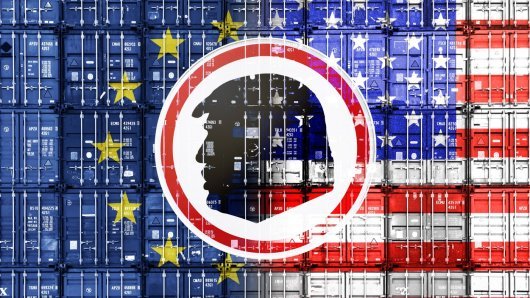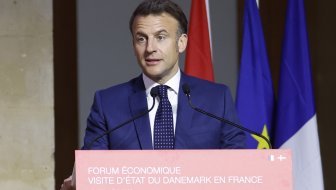The government will encourage and support investment wherever possible, notably in the energy sector, but it will not let Croatia be robbed through "quasi-investments" such as those in solar energy, which is nine times more expensive than classic energy, Economy Minister Radimir Cacic said on Friday.
Solar energy plants with the capacity of 500 kilowatt hours have been installed in Croatia in the last seven years worth EUR 1 billion in total and during this time virtually nobody obtained a permit for the construction of solar power plants, because of the influence of various lobbies, but I won't tolerate such a way of doing business, Cacic said responding to an entrepreneur at a business lunch organised by the Croatian Employers' Association (HUP) who complained about the government's decision to significantly reduce tariffs for the production of electricity from renewable sources.
That energy is too expensive, so we won't allow the construction of a big solar field because Croatia doesn't have the money, Cacic said, adding that anyone who wanted would obtain permission to invest in many small systems which were only two or three times more expensive than standard electricity production.
The price of power in Croatia is still among the lowest in Europe but, unfortunately, this will no longer be so after May 1, Cacic said, adding that he would insist that the price of electricity for the industry did not go up, otherwise Croatia could not be competitive.
If we have very cheap electricity for households, we will have very expensive products and people won't have a place to work at and won't be able to pay even the cheap electricity, he said.
The government will carry out all the investments launched by the previous government, except the Peljesac Bridge, which is too expensive, said Cacic.
He went on to say that it was absurd that not enough was being invested in telecommunications and that regulations prevented investments of billions of kuna into the upgrading of the telecommunication technology which would make the entire economy competitive.
We are imposing a six per cent tax on telecom operators to encourage them to invest, since their profits are indeed huge, while on the other hand we are preventing them from doing that, he said, adding that this would not be tolerated.
Commenting on a remark that people were being appointed to supervisory boards according to political criteria while HUP's personnel was not being used, Cacic cited the example of the former economy minister, Djuro Popijac, who had come from HUP.



































